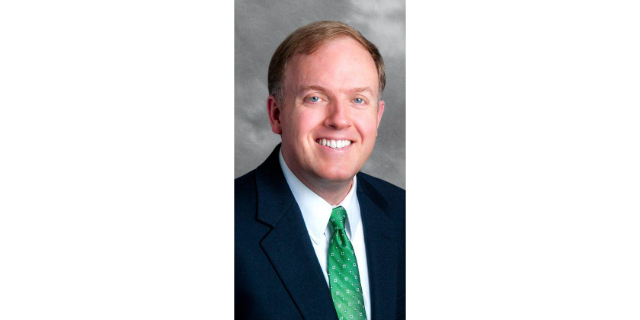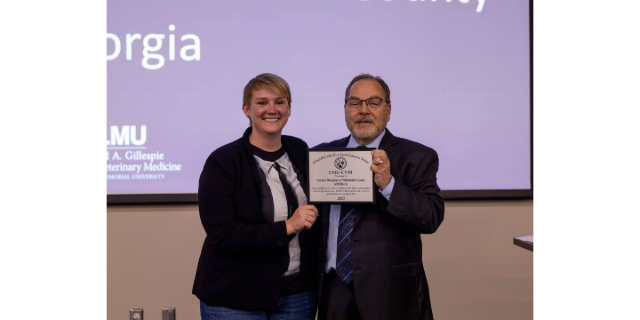Kyle Wingfield: Work only halfway done on abusive lawsuits
Published 8:00 am Tuesday, March 25, 2025
Gov. Brian Kemp’s effort to curb abusive lawsuits marked a major milestone Friday, as the General Assembly approved a comprehensive measure that protects property owners and brings a dose of reality to jury awards, among other things. But in a sense, the work is only halfway done.
That’s because a second important bill remains pending. It addresses “third-party litigation funding,” an innocent-sounding practice that puts profits — a word trial lawyers love to vilify — over justice, fairness and transparency.
Transparency is a key aspect to this issue, because it’s sorely lacking at the moment. Details have emerged only in a few isolated — yet disturbing — cases.
Trending
But we know third-party litigation funding (or TPLF for short) originated in Australia about 30 years ago and soon was adopted elsewhere, including the United States. An industry firm, Westfleet Advisors, reported last year that there was “a combined $15.2 billion in assets allocated to U.S. commercial litigation investments.”
That’s a big number, and it’s unclear if that figure is exhaustive or relates to all of the forms of TPLF that Georgia lawmakers are seeking to regulate.
Let’s look at this issue point by point.
The first type of TPLF involves financing for plaintiffs. Think of someone injured in an accident who needs some financial assistance to pay bills while pursuing damages. This loan may be subject to high interest rates and/or a large portion of any money recovered — as much as half of the proceeds.
Such an arrangement raises obvious questions about whose interest is really being served by the lawsuit: the plaintiff’s or the investor’s? It also creates perverse incentives for plaintiffs to continue litigation beyond a proposed settlement if it wouldn’t cover what they owe the funder. In some cases, the plaintiff may even lose the autonomy to make that decision.
It’s worth noting that Kemp’s TPLF proposal explicitly excludes the traditional “contingency fee” lawsuits that you often see advertised on television or billboards, in which a law firm only gets paid if it wins the case. Those would remain an avenue for plaintiffs to pursue a case if they otherwise wouldn’t be able to pay a lawyer.
Trending
The other type of TPLF is more commercial. In these arrangements, investors might front the money for a lawsuit or series of lawsuits, hoping to win big and get a large return on their investment — or perhaps to drain a corporate target financially and distract it from growing its business.
Some of the same bad incentives exist here as in the first type, such as the plaintiff’s diminished willingness to settle a suit. But others are more nefarious.
Bloomberg Law reported last year that Russian billionaires close to Vladimir Putin had “financed lawsuits around the world, in some cases working with the company’s directors, clients and Russian banks in an effort to evade international sanctions.” The story illustrates how the opacity of such TPLF arrangements turns the American legal system against American interests.
Foreign companies have also taken advantage of weak U.S. laws and practices regarding TPLF to engage in widespread “lawfare” against the intellectual property of American companies. An estimated 30% of U.S. lawsuits alleging patent infringement are being financed by firms in the Middle East, China and elsewhere under TPLF arrangements. Some of these investors are government-owned funds such as sovereign wealth funds, raising clear national security implications.
Yet, these investments typically go unreported; the ones that have come to light in any detail are the exception.
Kemp’s proposal addresses several of these concerns. First, it would require litigation funders to register with the state and be authorized by the Georgia Department of Banking and Finance. It would prohibit funders from making or directing decisions related to a plaintiff’s legal representation, use of expert witnesses or legal strategy. Funders would also be barred from making more money off a case than the plaintiff. Defendants would be able to learn about any TPLF arrangements through the discovery process.
There’s nothing wrong with companies trying to turn a profit. But they should limit their efforts to the marketplace, not the courtroom.
Dalton native Kyle Wingfield is president and CEO of the Georgia Public Policy Foundation (www.georgiapolicy.org).





